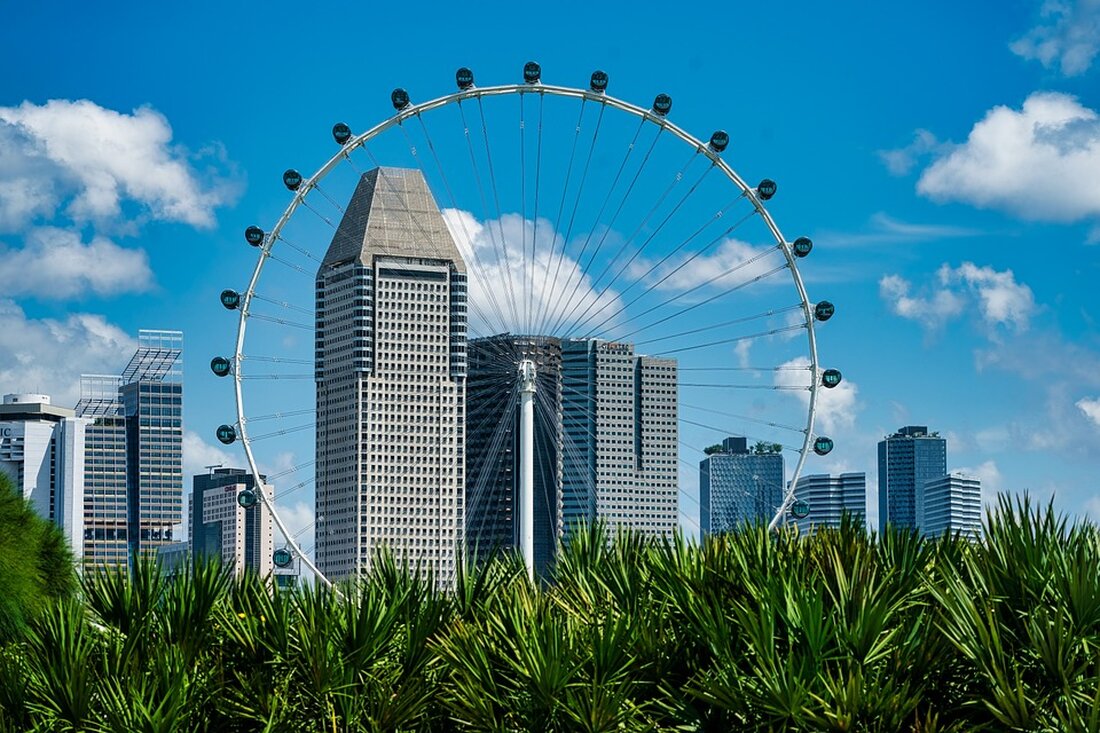Tourism in transition: Protests demand change for international understanding!
On May 27, 2025, experts will analyze the challenges of mass tourism and present solutions for sustainable tourism.

Tourism in transition: Protests demand change for international understanding!
The protests against mass tourism in popular European travel destinations are increasingly being perceived as a wake-up call for the entire tourism industry. In their current paper, Günter Ihlau and Wolfgang Isenberg view the developments as an opportunity for a more conscious approach to traveling. They demand a return to the original idea of international understanding, which is often only lived superficially. In order to promote real understanding and encounters between travelers and locals, time, openness and structural frameworks are necessary, say the authors. Overcrowded streets and rising rents in cities such as Barcelona and Venice are now leading to significant opposition to tourism, highlighting the urgency of reforming the sector.
Ihlau and Isenberg describe the current resistance as a reality check for the idea of international understanding. They argue that travel is not only a way to learn about cultures, but also a reflection of international political dynamics. Visa regulations and foreign policy tensions influence travel behavior and show the need for a change of perspective in tourism. Their proposed term “International Understanding 2.0” emphasizes the dynamic nature of the encounter and calls on both destinations and travelers themselves to ensure respectful and mindful interactions.
Sustainable tourism as a solution
The protest against mass tourism is not an expression of a general rejection of tourism, but rather a call for redesign in the interests of the local population. In cities like Mallorca and Lisbon, residents are demonstrating against the destruction of ecosystems and the loss of regional identity. Experts emphasize that properly designed tourism can promote understanding between cultures, reduce prejudices and enable peaceful encounters. In order to achieve this, it is important to include local actors in the planning processes and create a fair economic distribution system.
The program “Tourism Criticism as an Opportunity: 10 Points to Promote Tourism Acceptance,” published by Ihlau and Isenberg, offers a number of suggestions. This includes investments in sustainable infrastructure and strengthening regional cultures. Hotels play a key role here. Through its accommodations, the Green Pearls® initiative shows that responsible tourism is possible with a holistic approach.
Examples of responsible tourism
In South Tyrol, for example, Green Pearls® hotels such as My Arbor in Brixen rely on energy-efficient construction and waste avoidance, while the eco-aparthotel OLM Nature Escape uses renewable energies and promotes longer stays. Vegan-oriented hotels such as LA VIMEA and Paradiso Pure.Living address criticism of animal welfare by increasingly implementing animal-friendly concepts.
Positive approaches can also be seen in other regions. The SCHWARZWALD PANORAMA in Bad Herrenalb creates a common good balance sheet in cooperation with a university in order to precisely measure the effects of tourism. Biohotel Grafenast in Tyrol relies on 100% green electricity and regional food. The focus is on long-term social and ecological compatibility.
The future of tourism will require new approaches that prioritize quality, responsibility and respect. Ihlau and Isenberg are convinced that tourism should be seen as part of the solution and not as the cause of the problem. The players in the industry can work together on sustainable and accepted development that takes both economic and social aspects into account.
The complete thesis paper by Ihlau and Isenberg as well as further information can be found at Travel before 9 and Green Pearls.

 Suche
Suche
 Mein Konto
Mein Konto